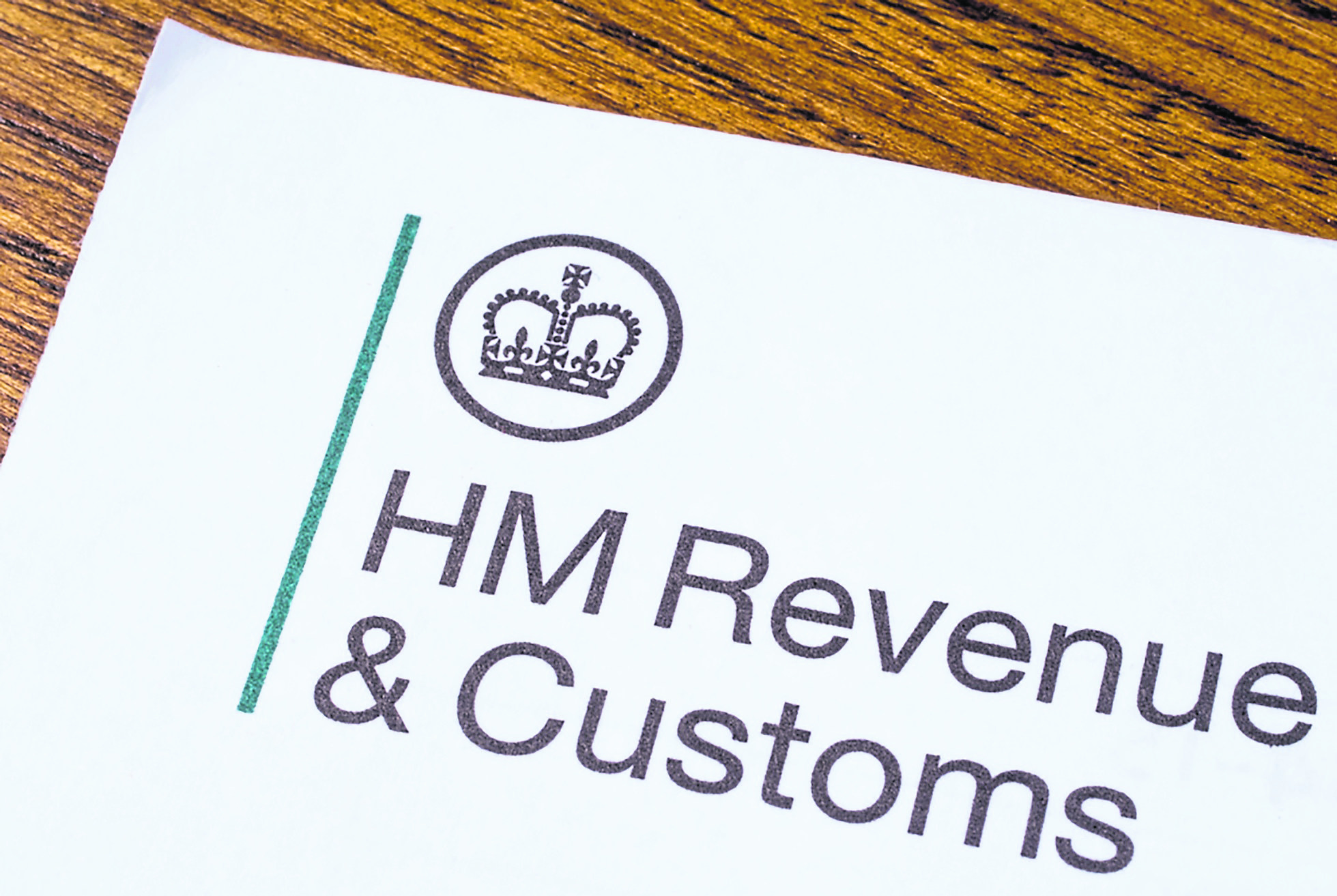CHANCELLOR Jeremy Hunt’s Autumn Statement is aimed at tackling the cost-of-living crisis but what impact will it have locally?
On a positive note, new cost-of-living payments will see struggling households receive cash handouts to help them through the winter.
Millions on means-tested benefits will receive a £900 payment, pensioners will get £300, and those with disabilities £150.
If you’re eligible for all three payments, that could mean a total handout of £1,350. While benefits including Universal Credit and pension credit will rise with inflation
The national living wage will get a 10 per cent hike from next April, which will see the threshold rise from £9.50 to £10.42 an hour.
Mr Hunt also confirmed that the pensions triple lock would stay.
The triple lock on pensions, which was introduced by the coalition government in 2010, means pensioners are guaranteed a pay rise every year. The £870 state pension increase has been made in line with September’s inflation figures.
These were released last month and showed that inflation has now returned to a 40-year high of 10.1 per cent. This means that the state pension rate of £185.15 per week will increase by £18.70.
However, you’ll be paying more income tax.
People will start to pay income tax on annual earnings of more than £12,570 in Northern Ireland, charged at 20 per cent. You then pay tax of 40 per cent on earnings over £50,270 a year.
These bands – or tax thresholds – had already been frozen until 2026, rather than going up in line with prices as you might normally expect.
The chancellor has now extended that freeze for a further two years. That means any kind of pay rise could drag you into a higher tax bracket. Even if it does not, it will almost certainly mean a greater proportion of your income is taxed.
Higher earners will pay more in income tax as the top 45 per cent tax threshold will be lowered.
From April 2023, the 45 per cent top rate of tax, which currently applies on earnings above £150,000 in Northern Ireland will apply on earnings above £125,140 instead.
In other bad news, there will also be a change to housing tax.
In September, the government said a cut in stamp duty tax in Northern Ireland for some house buyers would be permanent.
The price at which stamp duty is paid was doubled from £125,000 to £250,000 (£425,000 for first-time buyers) and discounted stamp duty for first-time buyers applied to properties up to £625,000, rather than £500,000.
The chancellor has now introduced a deadline, which will see these cuts end on March 31, 2025.
Without a Northern Ireland Executive up and running though, when any of these will be implemented is anyone’s guess.

TAXING TIME… Be prepared to pay more income tax in the future.
What the Autumn Statement means for Fermanagh people
Posted: 6:00 pm November 27, 2022
Posted: 6:00 pm November 27, 2022








